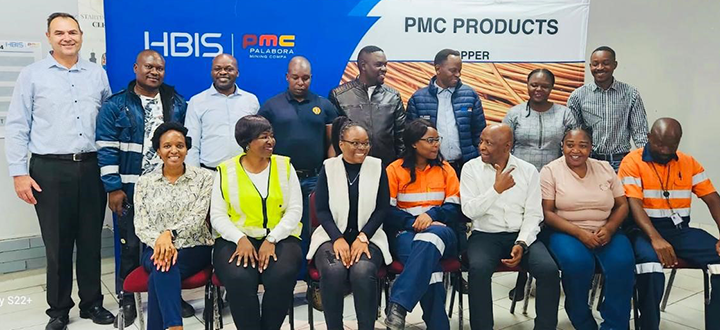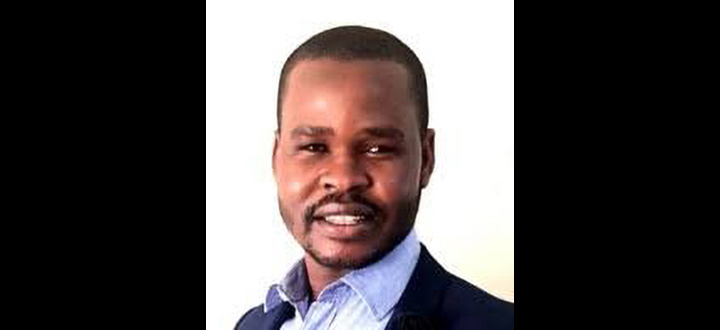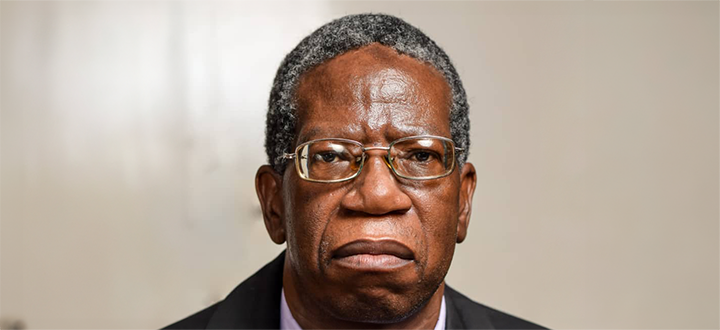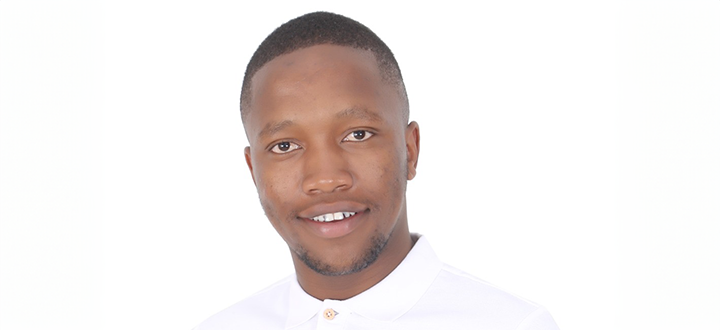Leading change
African challenges on the radar at Unisa Research & Innovation Week
Wildlife crime, species extinction, and other predatory practices will be in the spotlight at this year’s Unisa Research & Innovation Week, along with other African challenges such as decolonialising research and transforming the curriculum.
R&I Week, running from 28 February until 3 March, is an annual celebration of research at Unisa and is well known for its thought-provoking, sometimes controversial speakers, presentations, and panel discussions.
Extinction accounting emerges
Breaking ranks from traditional number-crunching, the College of Accounting Sciences will be exploring the emerging field of extinction accounting, demonstrating that natural scientists are not alone in addressing concerns around wildlife crime, particularly rhino poaching.
Wits University’s Prof Warren Maroun is the main speaker on extinction accounting in the opening day session at the Miriam Makeba Concert Hall, Muckleneuk Campus, from 10:00 on 28 February.
His presentation sets the scene for two more talks on endangered wildlife. Private-public partnerships in combating rhino poaching will be the theme of a joint presentation by Colonel Marius Roos, CEO of the Pathfinder Corporation and Scott “LB” Williams, Director General of the Reserve Protection Agency. Immediately after that, the Endangered Wildlife Trust’s head of Conservation, Dr Harriet Davies-Mostert, will give a presentation on biodiversity and species protection, also emphasising rhino poaching.
From predatory to pacifist
Discussions on predatory practices continue in the afternoon session on 28 February, when the College of Economic and Management Sciences raises the alarm about “predatory publishing” profit—low-quality journals that seek to profit from the publishing aspirations of unwary academics. The main speaker in this session is Prof Phillip de Jager from the University of Cape Town, whose presentation is titled Do not feed the predators. This session is in the Miriam Makeba Concert Hall on the Muckleneuk Campus from 13:00 to 15:00.
Predatory practices give way to a more pacifist outlook on day two, 1 March, when electoral dispute resolution is on the agenda. Attention turns to alternative dispute resolution involving Tlokwe and Ikageng township near Potchefstroom, where disputed elections have made national headlines in recent years. This session, hosted by the College of Law’s Institute for Dispute Resolution in Africa (IDRA), features a panel discussion with speakers such as Advocate Sipho Mantula of the Human Rights Commission.
Other highlights on day two of R&I Week are a presentation on the College of Law’s flagship Biotechnology and Medical Law community engagement project, the College of Education’s seminar on investing in research, and the Unisa Library’s workshop on library and research matters.
Another session to look out for is Thursday morning’s workshop on voluntary informed consent—a topic of major importance for most researchers—facilitated by Dr Retha Visagie, manager of Unisa’s Integrity Office, and Dr Matsheliso Molapo, Chairperson of the Professional Research Committee’s Ethics Workgroup. Topics to be covered include researcher responsibilities, individual versus community-based informed consent, potential challenges and oral versus written consent.
Spoilt for choice on Friday
Delegates will be spoilt for choice on Friday, 3 March, when three riveting sessions will be taking place in parallel throughout the day.
Those who would like to know more about the research institutes in the College of Graduate Studies will benefit from the session titled CGS redefines research at Unisa. In this session, taking place in the Senate Hall from 08:30, the college will be showcasing the work of the Institute for African Renaissance Studies, the Institute for Social and Health Studies, the Institute for Science and Technology Education, and the Institute for Open and Distance Learning. Dr Zodwa Motsa, Director of Unisa’s Ethiopian Graduate Office, will also be joining this session with a presentation titled, A journey of 10 years: Shaping futures.
Meanwhile, in the Bamboo Room over at Kgorong, the College of Human Sciences is hosting a session on self-determination in African politics, followed by a session on African self-determination in science and innovation. Given the recent debate on the myth of universality in science, these sessions are well worth attending, with speakers from Unisa, the University of Limpopo, the Azanian Philosophical Society, Wits University, and the Tshwane University of Technology.
The third parallel event on Friday is the regional heat of FameLab, where budding researchers have three minutes to impress the judges with their novel approach to research. Last year’s regional heat winner, Nozipho Gumbi, a Unisa PhD student, went all the way to the international FameLab finals in London.
Click here to visit the 2017 Research and Innovation Week website.
*By Clairwyn van der Merwe
Publish date: 2017-02-22 00:00:00.0


 Unisa honours Dr OK Matsepe's enduring legacy
Unisa honours Dr OK Matsepe's enduring legacy
 Great strides towards concretising Unisa-PMC partnership
Great strides towards concretising Unisa-PMC partnership
 Mental health among men in the workplace needs more attention
Mental health among men in the workplace needs more attention
 "I owe everything to Unisa and my late supervisor's priceless mentoring"
"I owe everything to Unisa and my late supervisor's priceless mentoring"
 Majikijela - a queer scholar raising homosexuality awareness through his work
Majikijela - a queer scholar raising homosexuality awareness through his work